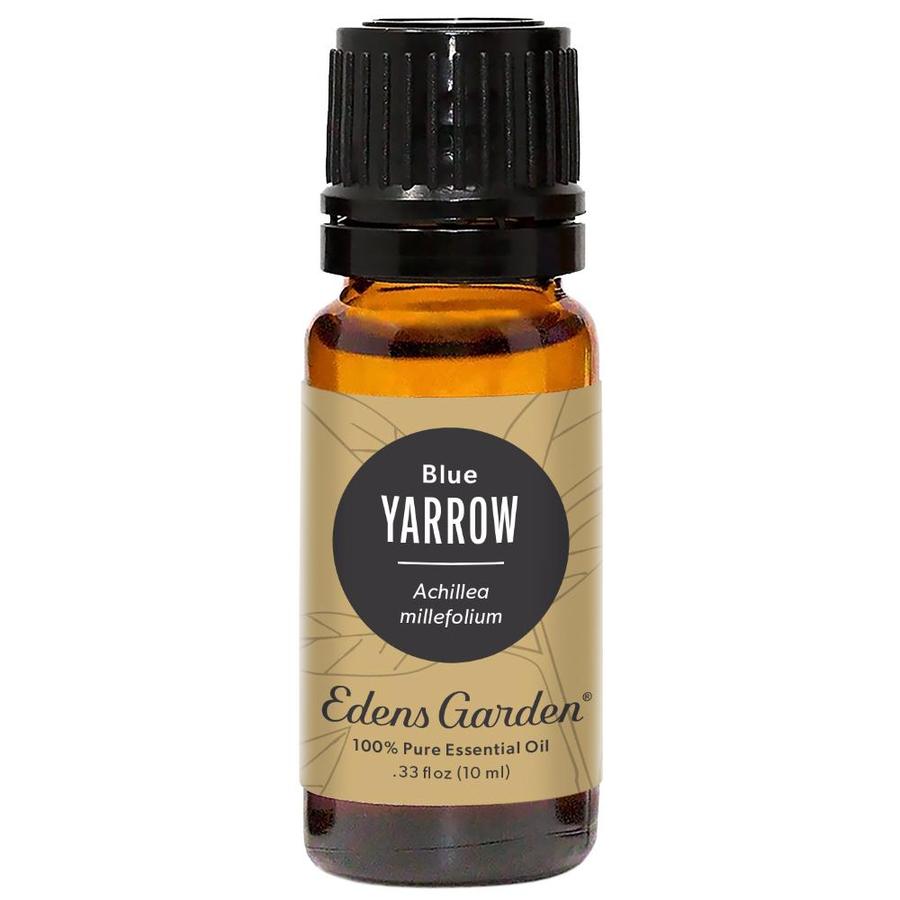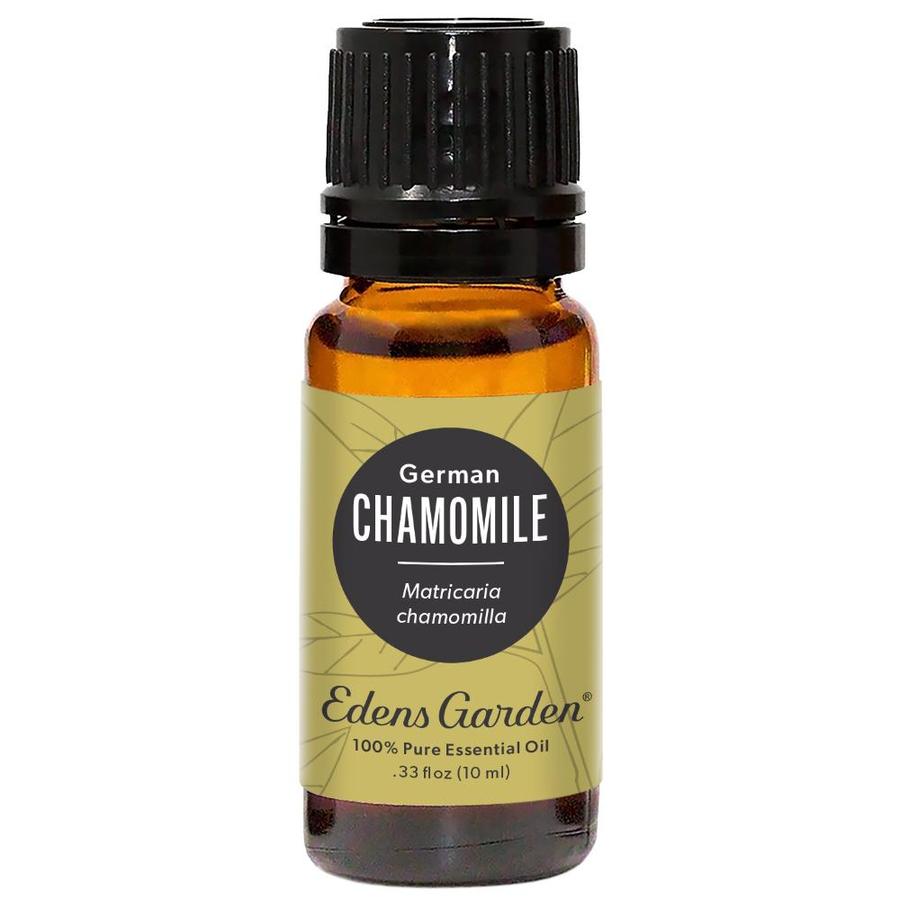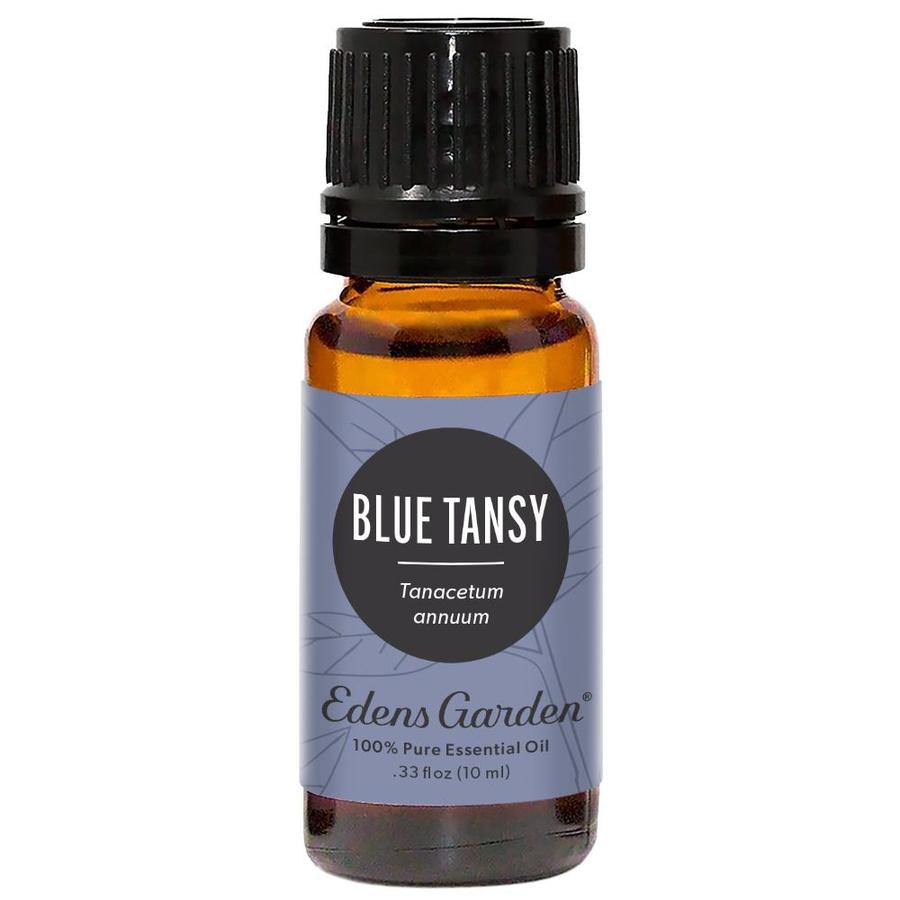AAA: Do Essential Oils Interfere With Medications?

We’re sure that when you start a new medication you ask your pharmacist plenty of questions and read through all of the paperwork that comes with it. Right? Well, if you’re anything like the majority of people, you don’t always ask the questions and read the paperwork. In fact, you wish someone would just simplify all the medical jargon and help you get to the bottom of what you need to know about taking your meds (aside from how much and how often). It’s no secret that medication needs to be taken seriously, and though we can’t answer all of your prescription questions, we can tell you if your essential oils interfere with your medications or not.
The short answer is yes, essential oils can interfere with medication. Aromatherapist Robert Tisserand has gathered a great deal of information in this area. According to Tisserand, there are a few leading reasons why essential oils can affect medication. For example, essential oils could compete to bind to tissues and plasma proteins where medications would typically bind. There could also be a change in gut flora and motility, preventing medications from working properly. Lastly, and most likely, enzyme induction and inhibition is the cause of essential oils interfering with medications.
Enzyme induction is the increased production or activity of enzymes. Conversely, enzyme inhibition is the decreased production or activity of enzymes. In particular, CYP enzymes are responsible for drug metabolism. CYP induction and inhibition caused by essential oils and their constituents have been recorded. The following oils have been shown to inhibit CYP enzymes:
- Blue Tansy (Tanacetum annuum): Inhibits drugs metabolized by CYP2D6.
- German Chamomile (Matricaria chamomilla): Inhibits drugs metabolized by CYP2D6.
- Lemon Myrtle (Backhousia citriodora): Inhibits drugs metabolized by CYP2B6.
- Lemon Tea Tree (Leptospermum petersonii): Inhibits drugs metabolized by CYP2B6.
- Lemongrass (Cymbopogon flexuosus): Inhibits drugs metabolized by CYP2B6.
- Litsea (Litsea cubeba): Inhibits drugs metabolized by CYP2B6.
- Xiang Mao (Cymbopogon citratus): Inhibits drugs metabolized by CYP2B6.
- Yarrow (Achillea millefolium): Inhibits drugs metabolized by CYP2D6.
Furthermore, methyl salicylate, found in Birch and Wintergreen, inhibits platelet aggregation and exacerbates blood-thinning. Therefore, those taking anticoagulant medication, such as warfarin, aspirin and heparin (as well as those with hemophilia, bleeding disorders and those who are about to/have gone through major surgery) should avoid Birch and Wintergreen. This also applies to those sensitive to salicylate.
It’s important to note that there are many more possible drug interactions and medication interferences that may occur by taking essential oils orally. We have not covered this aspect of essential oils and drug interactions, as this is not a route of absorption that we recommend. If you are concerned that essential oils may interfere with your medication, please talk to your doctor and an aromatherapist who can provide you with safety guidelines that meet your individual needs.
Tisserand, Robert, and Rodney Young. Essential Oil Safety. 2nd ed., Churchill Livingstone, 2014.
Grab The Essentials Here:
Leave a comment (Comments will be approved before showing up)
6 comments
Paige
To answer the thread with Michelle and the Brainpower EO blend : it contains the following according to the YL site – Santalum paniculatim wood oil; Cedrus atlantica bark oil; Boswellia Carter oil; Melissa officials leaf oil; Callitris intratropica wood oil; Lavandula augustifolio oil; Helichrysum ilaticum flower oil
Edens Garden
Hi D! Please reach out to our aromatherapist via email for more information: aaa@edensgarden.com
D
Hi Bella,
Thanks for this article.
If you are taking diabetes and hypertension medication can you still diffuse in an ultrasonic diffuser the following oils? Anise, star anise, cassia, cinnamon, dill, fennel, geranium, lemongrass, May Chang, Melissa, myrtle, lemon myrtle, oregano, savory, and turmeric?
And for hypertension can you still diffuse it in an ultra sonic diffuser rosemary, hyssop, citrus (lemon and grapefruit) oils and thyme?
Edens Garden
Hi Michelle! This is not an oil that we offer but we’re happy to check on that for you. What does it contain?
Michelle
I was wondering if brain power essential oil interferes/interacts with Wellbutrin or Adderall?











Edens Garden
October 20, 2021 at 4:55 pm
Thank you, Paige! Melissa and Blue Cypress are contraindicated for certain medications when the essential oils are taken orally, which we do not suggest.